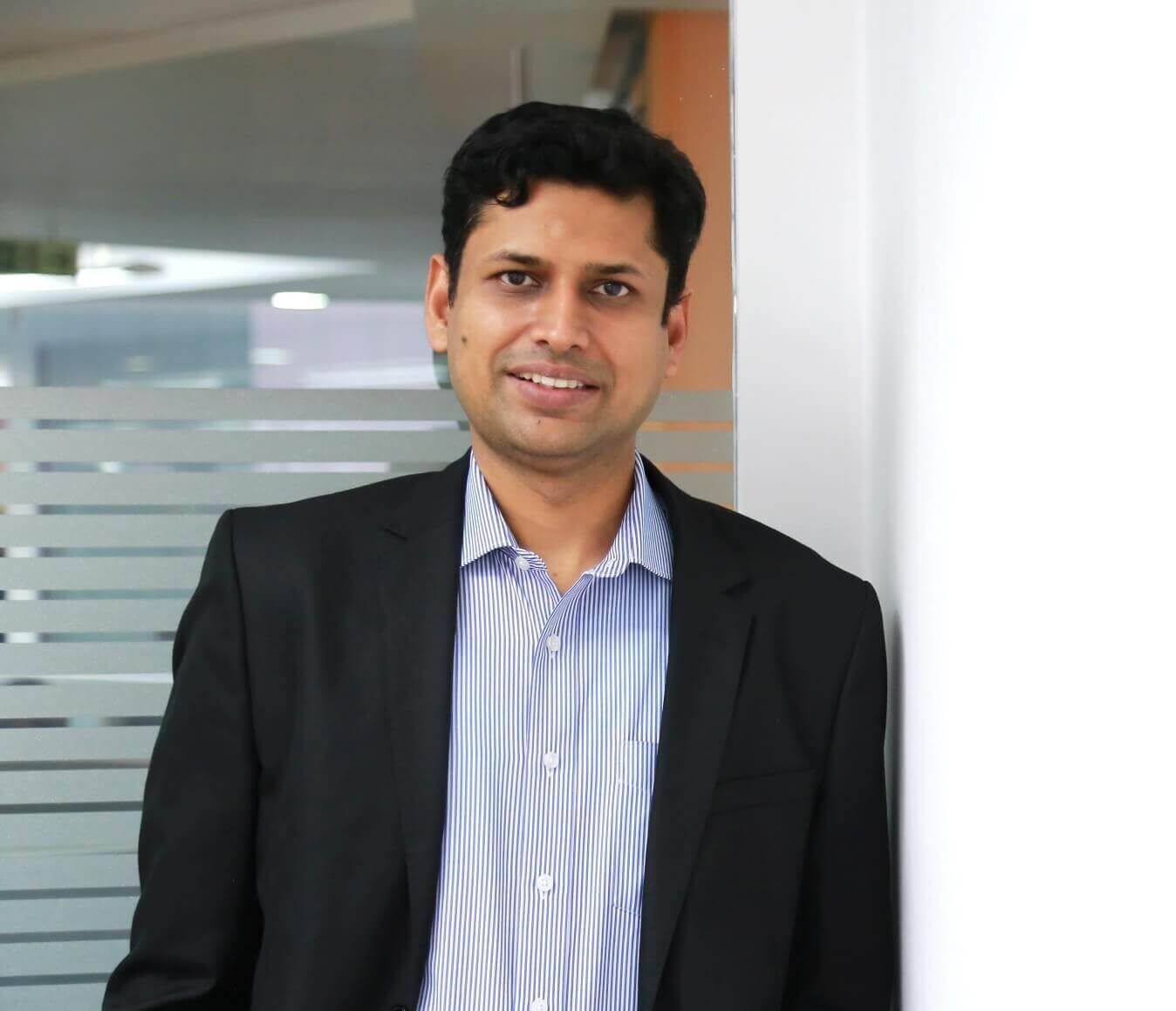BUSINESS
Rahul Garg: Navigating Uncharted Waters in Industrial E-commerce and Pandemic Relief

In the midst of the COVID-19 storm that gripped India in April 2021, Rahul Garg, the CEO and founder of Moglix, found himself at the intersection of tragedy and opportunity. Witnessing the devastating impact of the pandemic on his own family and the nation, Garg decided to take action. The industrial e-commerce entrepreneur, who had previously played a pivotal role in supplying PPE kits and N95 masks during the first wave of the pandemic, turned his attention to a pressing issue: the shortage of oxygen concentrators.
Garg, at the helm of Moglix since its inception in 2015, quickly mobilized his team to address the urgent need for oxygen concentrators. Collaborating with manufacturers in India and organizing charter flights to China and Germany, Moglix procured around 6,000 oxygen concentrators. These life-saving devices were then distributed to corporate and industrial entities across the country, creating a unique group-sharing model. Companies such as EY, Tata Steel, and Hero MotoCorp procured concentrators from Moglix, which were then made available to their employees on a rotational basis.
The innovative approach didn’t stop there. Moglix, under Garg’s leadership, initiated a consortium of 10 manufacturers to bolster the production of oxygen concentrators in India, aiming to make the country self-reliant in this critical medical equipment. Working on both global and domestic supply chains for raw materials, Moglix played a pivotal role in addressing the oxygen shortage during the second wave of the pandemic. Garg predicts that the oxygen concentrator challenge will be resolved by June or July, marking a significant contribution to India’s fight against the pandemic.
While the pandemic response showcased Garg’s commitment to social responsibility, his primary venture, Moglix, had been making waves in the industrial e-commerce sector. Established in 2015, Moglix is an industrial goods platform that serves over 500,000 small and medium-sized businesses and collaborates with 3,000 manufacturing plants across India, Singapore, the UK, and the UAE. The company offers a comprehensive procurement solution, including resource planning, financing, and maintenance, repair, and operations supplies.
In May 2023, Moglix achieved unicorn status after securing $120 million in Series E funding, bringing its total funding to $220 million. Notable investors include Falcon Edge Capital, Accel, Sequoia Capital, Tiger Global Management, Ratan Tata, and Jungle Capital. The funding underscores the recognition of Moglix’s unique position in the industrial e-commerce space.
Garg’s journey in the entrepreneurial landscape has been marked by a determination to tackle challenges that others might shy away from. Choosing to focus on the often overlooked B2B segment, Garg identified a gap in the market for a digital platform facilitating industrial procurement. Unlike many of his peers who ventured into consumer-oriented businesses, Garg saw an opportunity to bring transparency, efficiency, and modernization to the manufacturing and construction sectors.
The success of Moglix lies in its ability to serve as more than just an e-commerce platform. Garg envisions Moglix as an “operating system” for its customers, providing end-to-end services covering procurement, supply chain financing, and integrated software. With over 16,000 suppliers and 35 warehouses, Moglix has positioned itself as a crucial player in streamlining the procurement processes for manufacturing giants like Vedanta, Unilever, Air India, and NTPC.
Despite the challenges posed by the pandemic, Moglix’s financials indicate a capital-efficient approach. In 2020, the company posted revenues of ₹378 crore with losses at ₹78 crore, showcasing a balance between growth and fiscal responsibility. Garg emphasizes the company’s commitment to becoming Ebitda positive in the next two years, highlighting its capital efficiency in the face of infrastructure investments.
As Moglix continues to grow, Garg sets his sights on expanding the product catalog from 500,000 to over 2 million SKUs and bringing onboard nearly 10,000 brands. The company aims to capitalize on the evolving B2B e-commerce market in India, projected to reach $60 billion by 2025.
